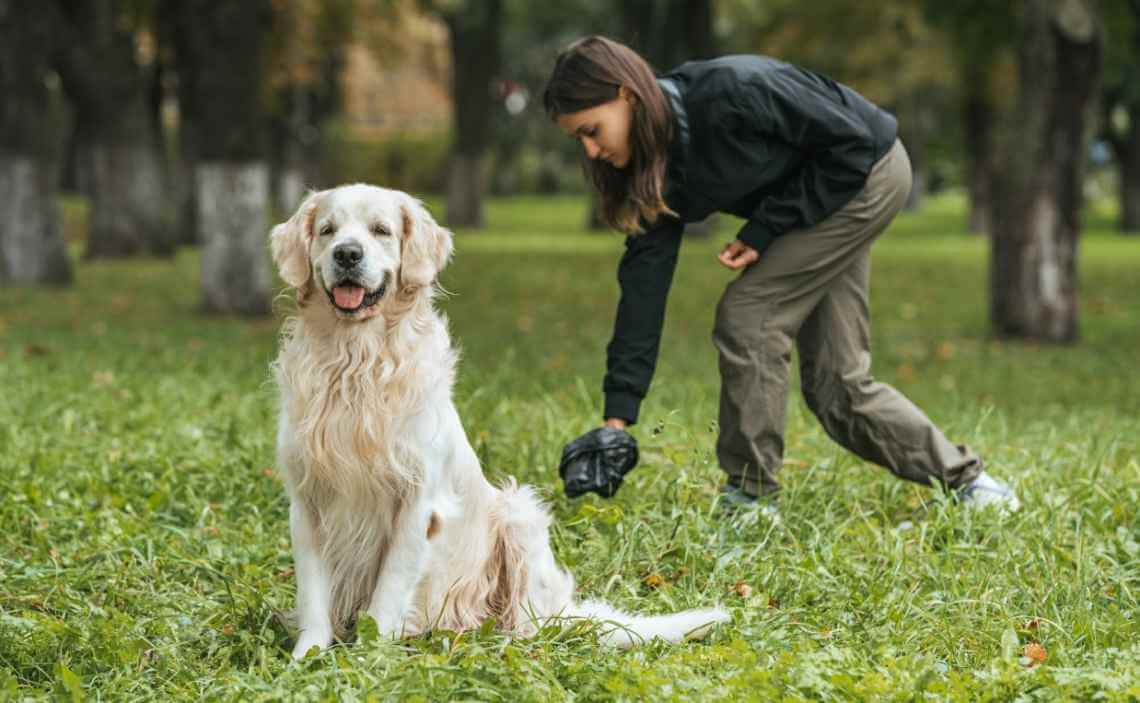
April 1 – 7 is International Pooper Scooper Week. This week-long observation was founded in 2002 by the Association of Professional Animal Waste Specialists (aPaws) to raise awareness for the growing problem of dog waste pollution in our communities, environment and water tables. Their message to dog owners is to be diligent about cleaning up dog waste, and if you don’t have time or can’t pick up your dog’s poop yourself, hire someone to take care of it for you.
International Pooper Scooper Week is the perfect time to talk about dog poop. There’s no way around it – being a dog owner means you’re going to have to clean up dog poop. Even if your dog is the sweetest, most adorable dog in the world, picking up stool is never fun. However, the color and consistency of your dog’s waste can give you important clues about his or her health.
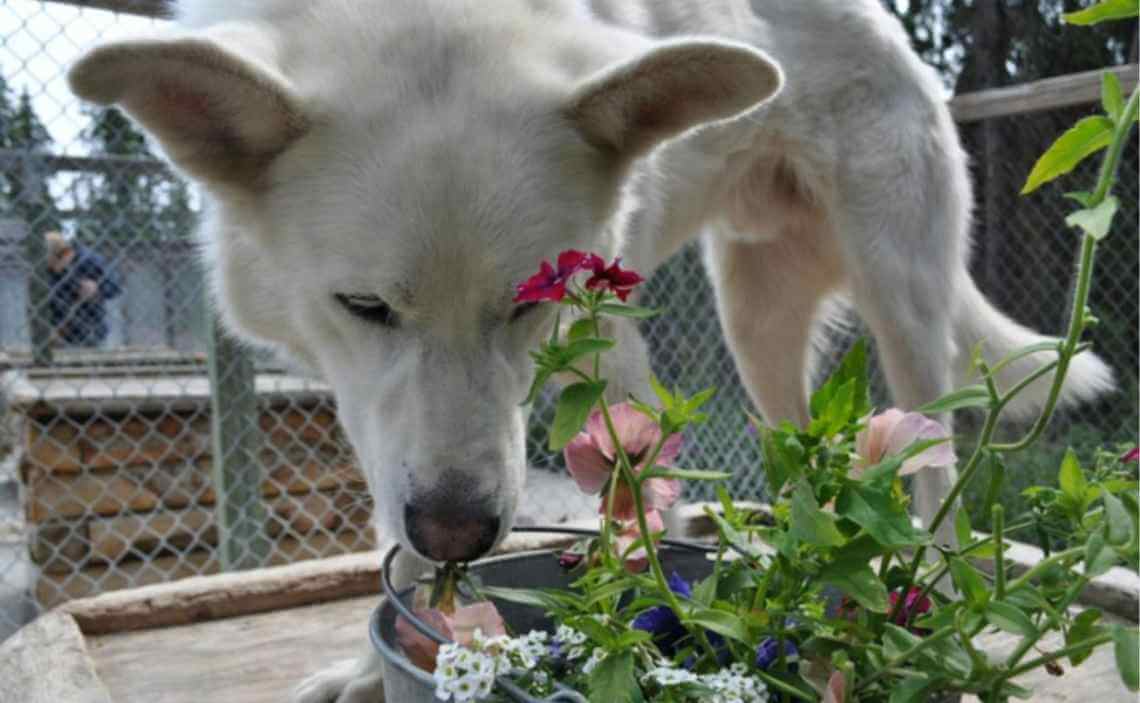
Since you have to pick up your dog’s poop anyway, here are six common signs something might be going on with your dog’s health, what to look for and what the signs mean.
-
Your dog’s stool looks like a firm, brown log.
This is what you want to see. Perfectly normal dog poop is brown in color, firm, and the odor is usually not so bad that it makes you gag. Most dogs poop a couple of times a day, and that’s normal too.
-
Your dog poops too often and it smells terrible.
The amount of waste your dog eliminates is proportional to the amount of food in his system that he isn’t digesting. Usually, the cause of too much poop that smells awful is due to low-quality kibble. But check with your veterinarian before you change his food – sudden food switches can be hard on a dog’s digestive system.
-
Your dog’s stool is loose or liquid-like.
Diarrhea may indicate that something’s wrong. Usually, it’s just that your dog ate something that disagreed with her, like greasy table scraps or garbage she found somewhere. If this is the cause, the poop problem should clear up on its own.
However, loose stools can also point to a problem, like food intolerance or allergy. It could also indicate a serious infection, like a parasite, bacterial infection or inflammatory bowel disease. If the problem doesn’t clear up in a day or two, it’s best to make an appointment to visit your vet.
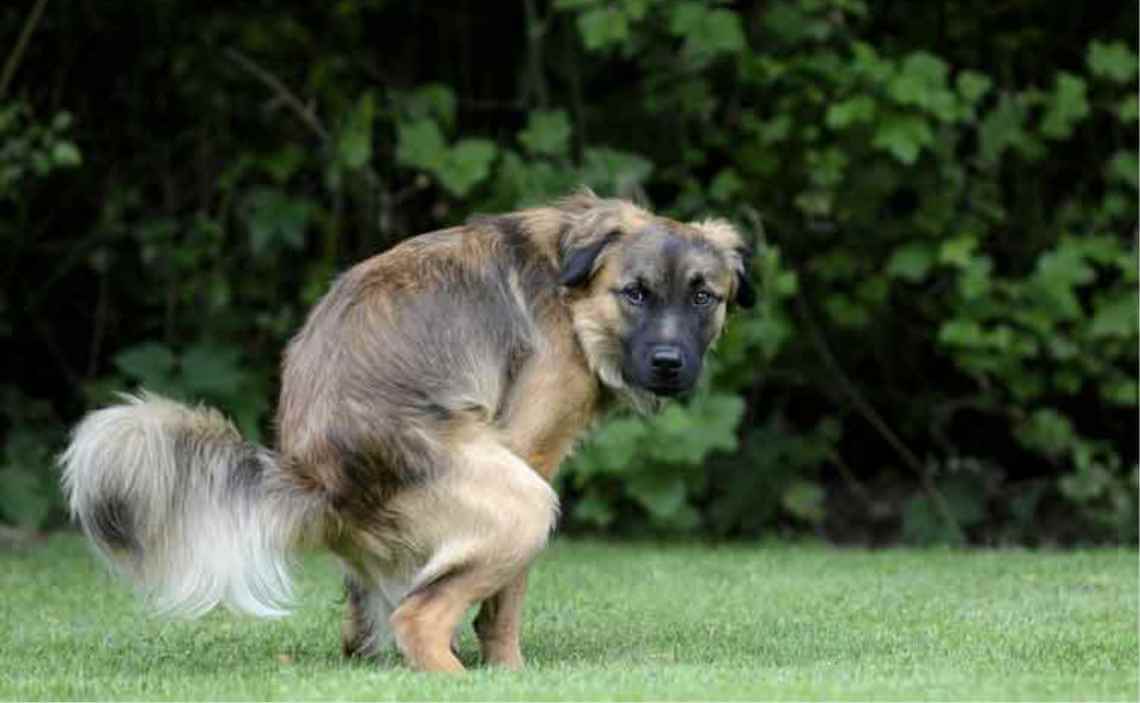
-
Your dog’s poop is hard and pebble-like.
Small, rock-like stool, or no stool at all, are signs that your dog is constipated. It could be related to your dog’s food – like eating too much insoluble fiber, not drinking enough water or low-quality food.
There can be other reasons for constipation. If your dog licks him or herself too much (usually because of itchy skin), it can cause clogging. Chronic health problems, like osteoarthritis, can also be to blame. If your dog is holding it in because it is painful to maintain the right posture for going to the bathroom properly, it can cause constipation.
The most serious cause of constipation could indicate your dog has an intestinal obstruction from ingesting something he shouldn’t, like a piece of fabric, toy, stick, bone, etc. Obstructions can be life-threatening if not treated, so if you notice your dog is having trouble pooping for a day or so, it’s best to call the vet.
-
Your dog’s poop is covered with mucus.
An occasional coating of mucus on your dog’s poop is normal, but if it becomes a regular thing, contact your vet. It could mean your dog has a gastrointestinal problem, like colitis, where inflammation of the lower intestinal tract causes glands to produce too much mucus.
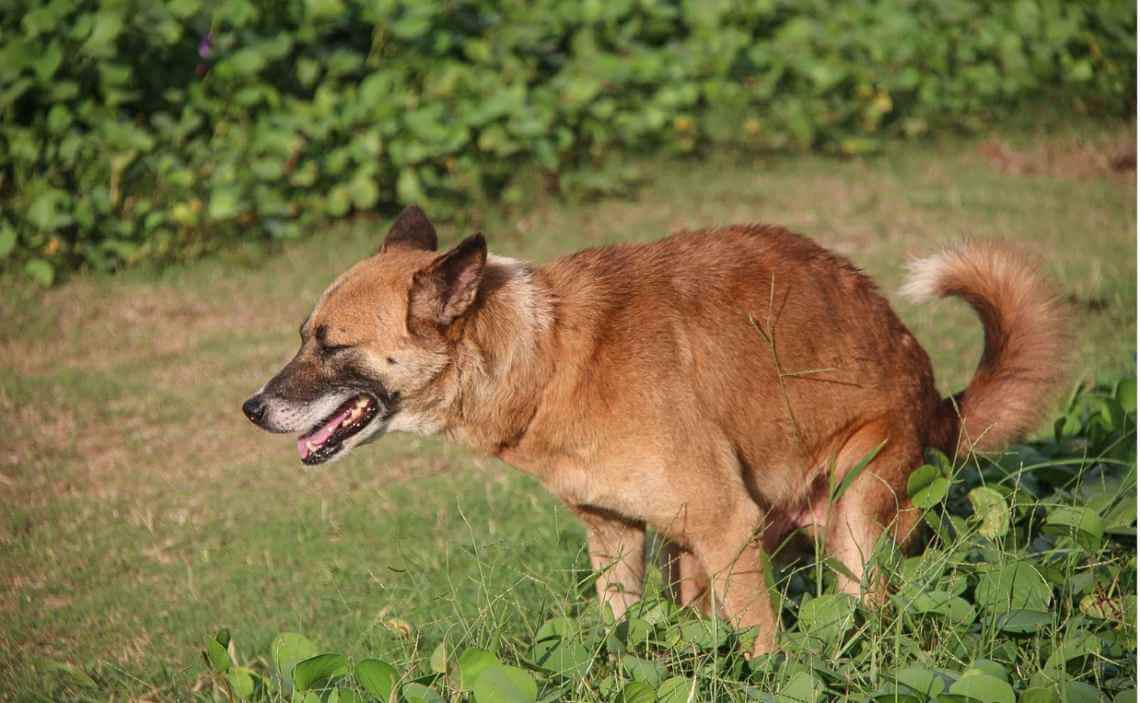
-
Your dog’s poop is a strange color.
Normal dog feces is chocolate brown in color. If it’s any other color, there could be something wrong. Green could indicate a bile or gallbladder problem. Black could indicate an upper GI bleed, yellow-orange or clay-like poop may be a symptom of liver disease. Red streaks may indicate internal bleeding. Gray stools are common indicators of pancreas problems; turquoise or blue-green stool could mean your dog ingested rat poisoning. If you notice any of these colors, get your dog into your vet right away.
If your dog’s poop is abnormal for a few days, call your vet. And don’t forget to bring a fresh stool sample with you to your appointment.
Here at Canine Campus we work hard to keep all areas clean and sanitary. Sanitation is more about a repetitive process and less about a particular product. We use only FDA-approved products that are safe for animals. We understand proper sanitation is a process that must be performed continually, many times a day. By simplifying our sanitation process, we are able to efficiently keep the facility clean and maintain a campus where everyone enjoys spending time.
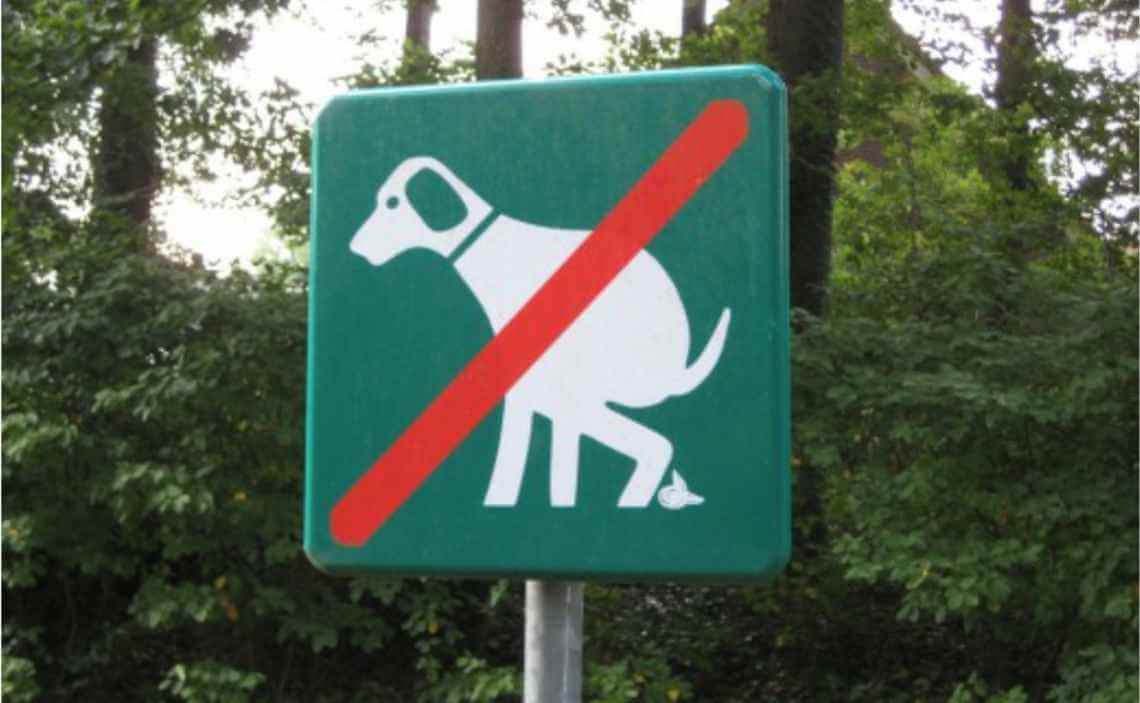













Leave a Reply